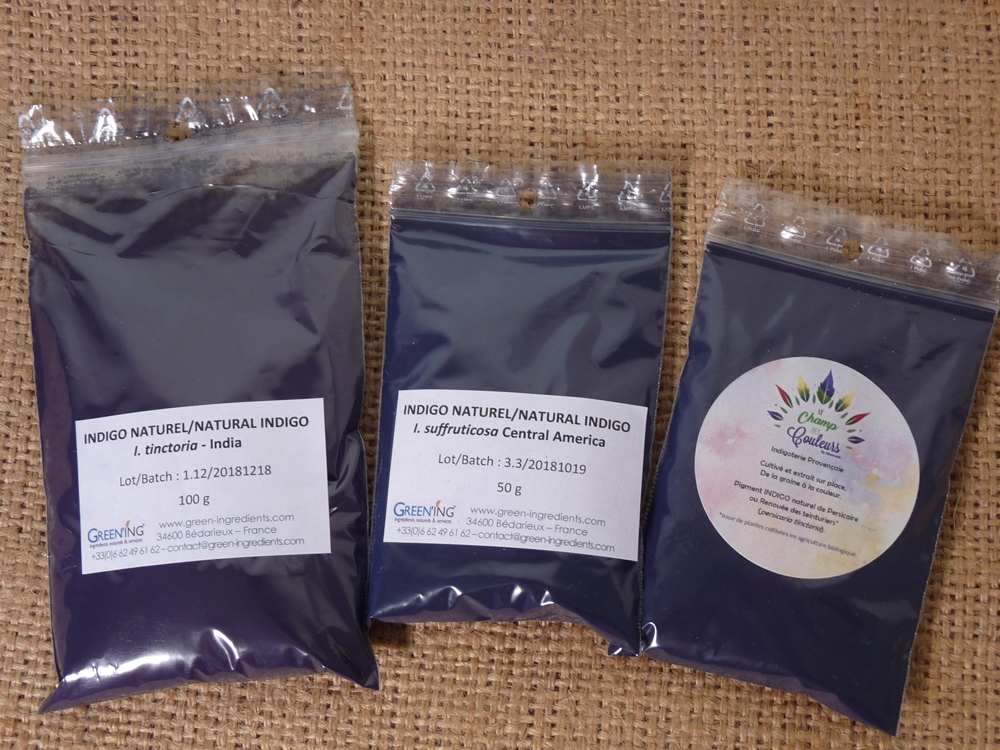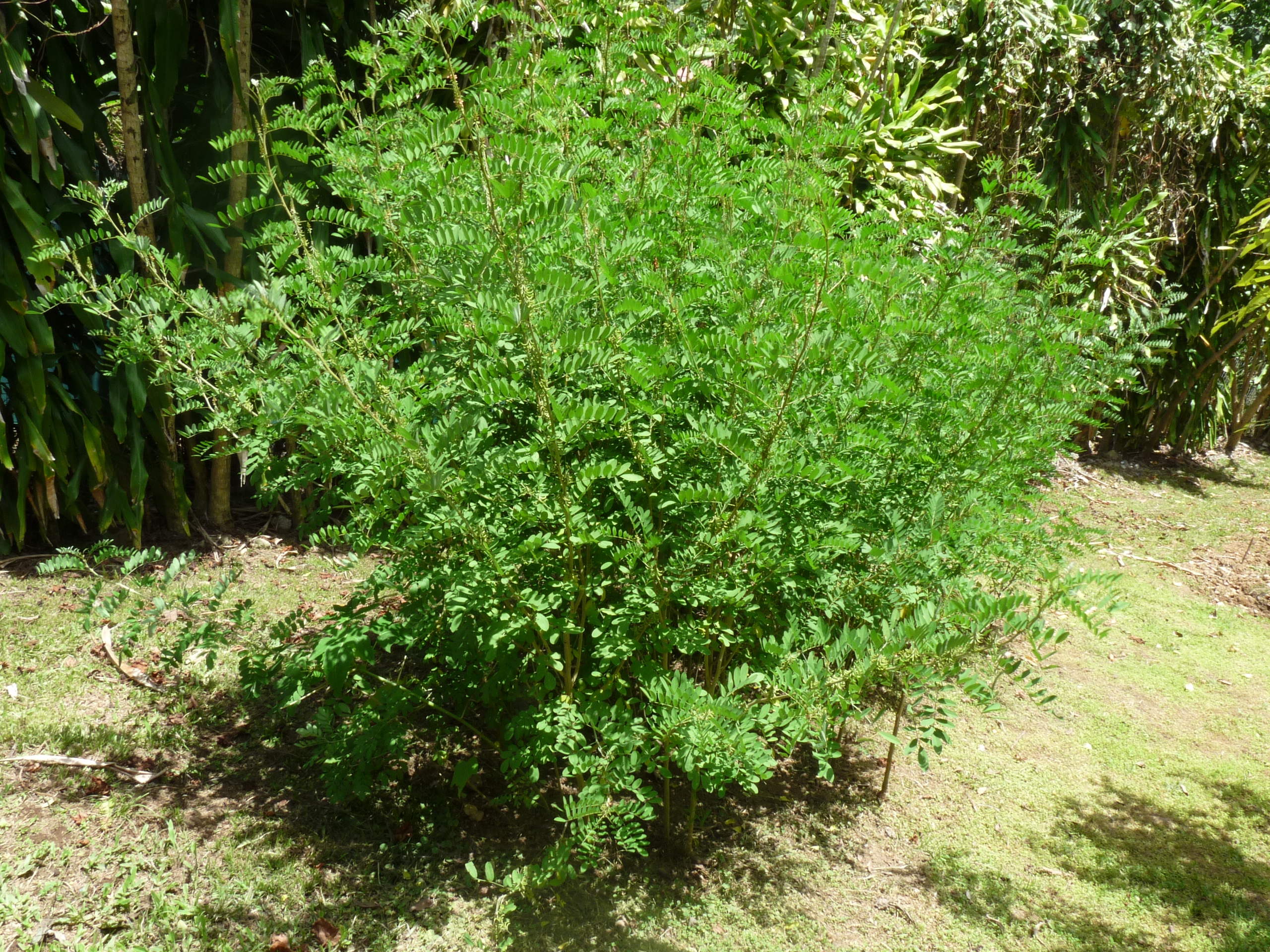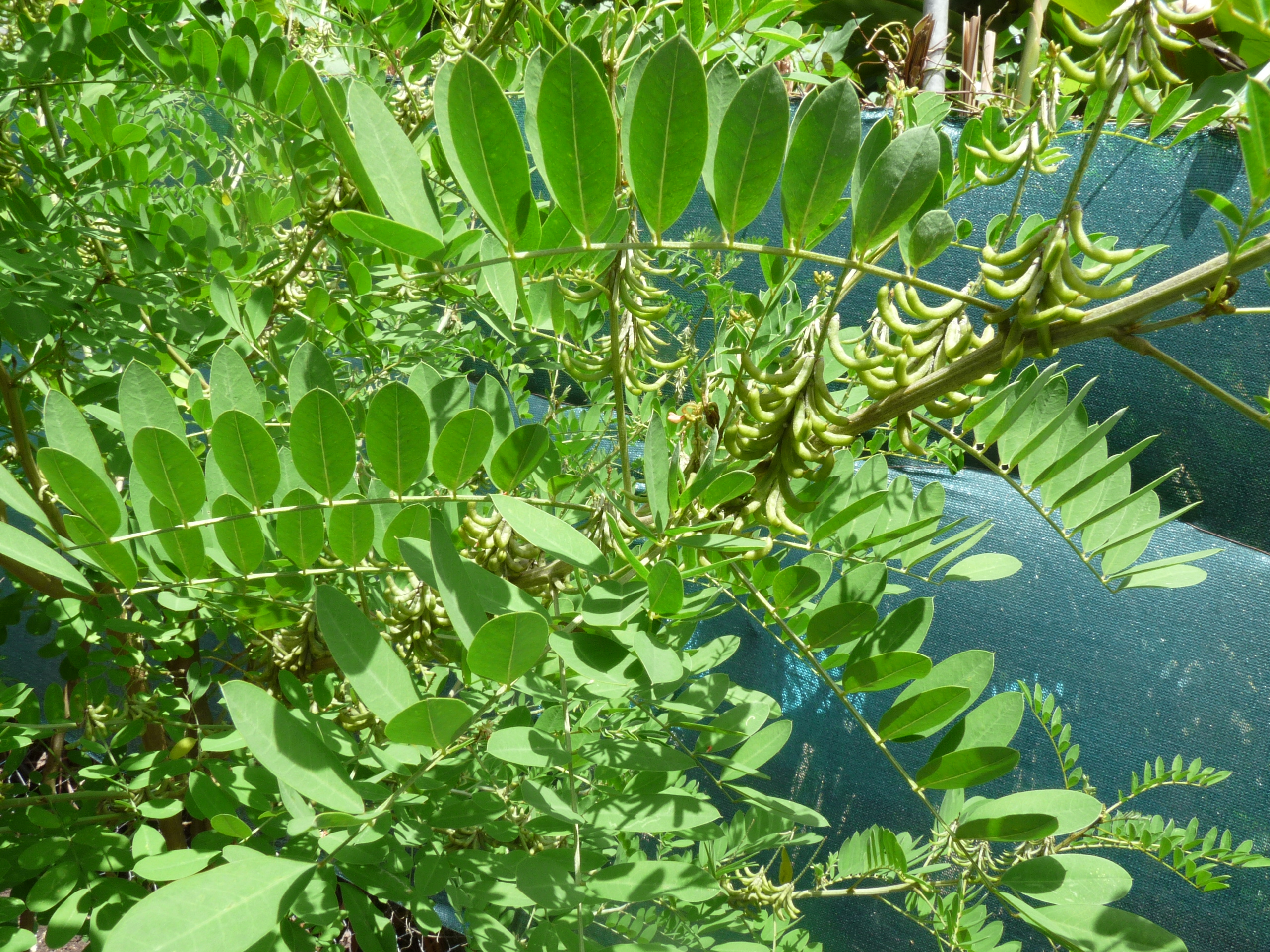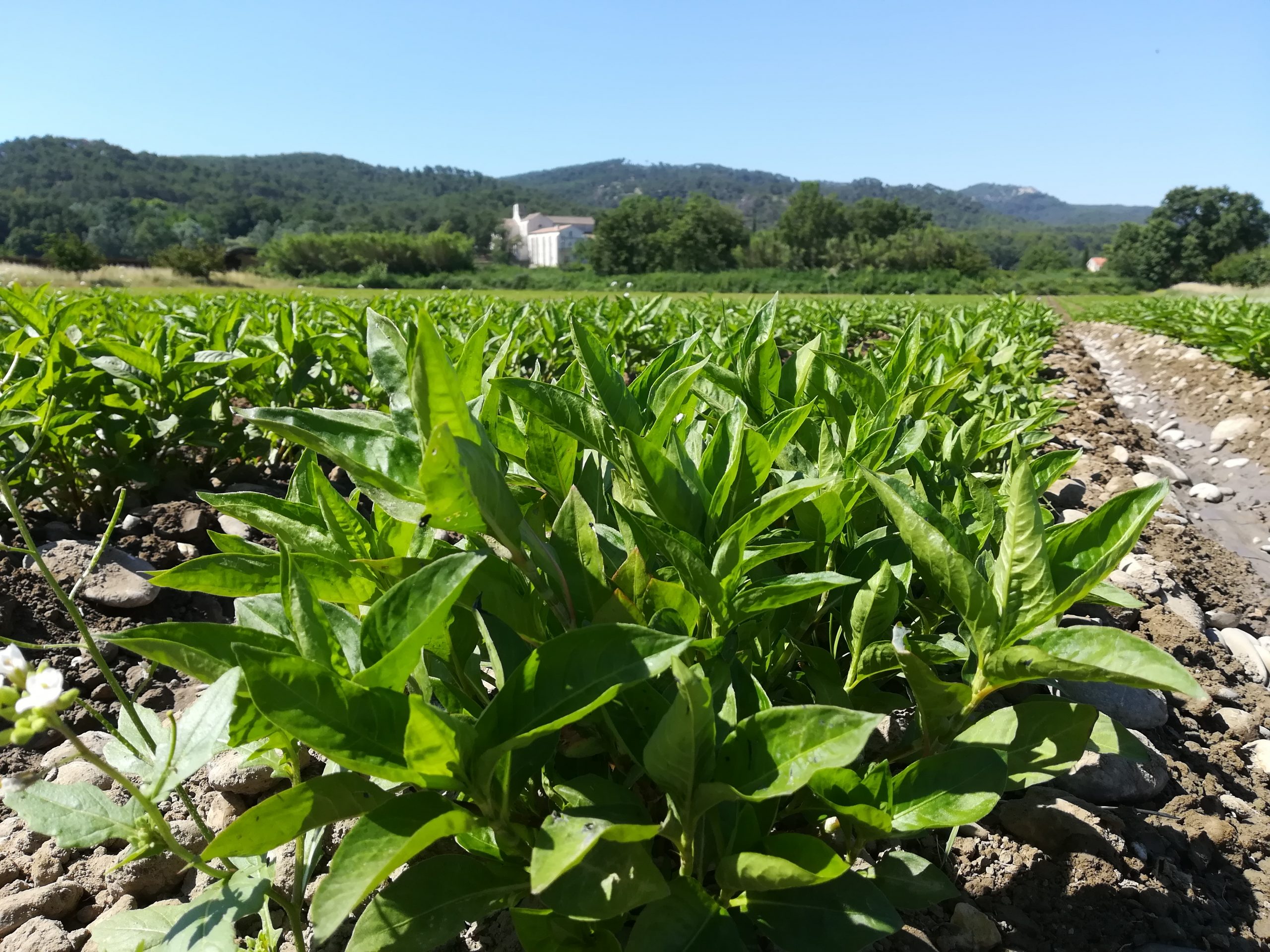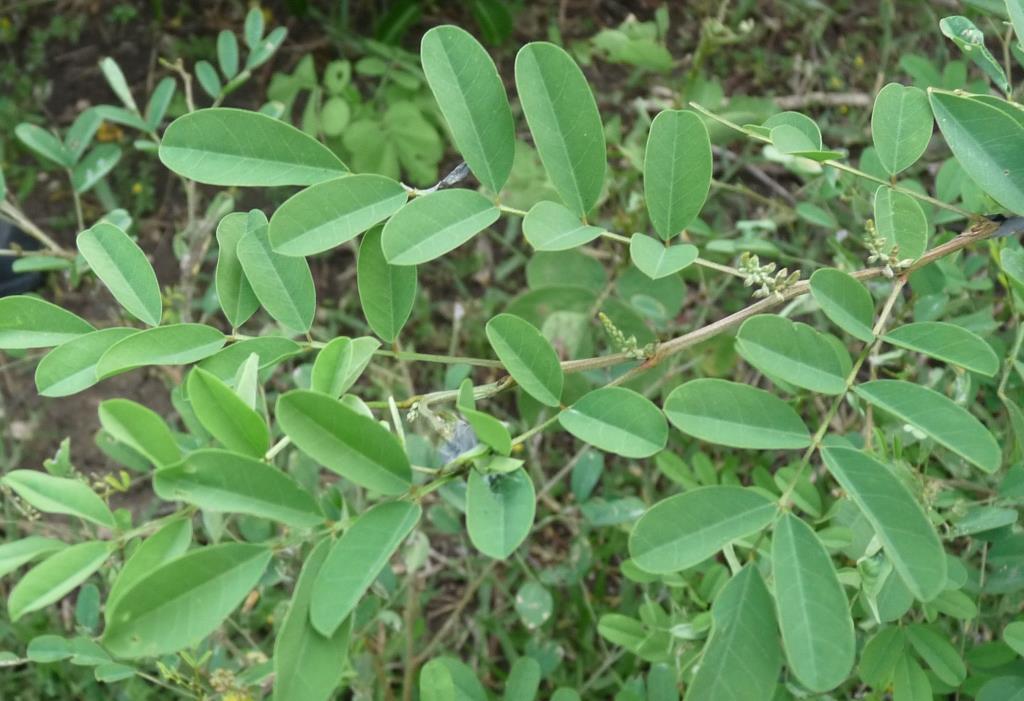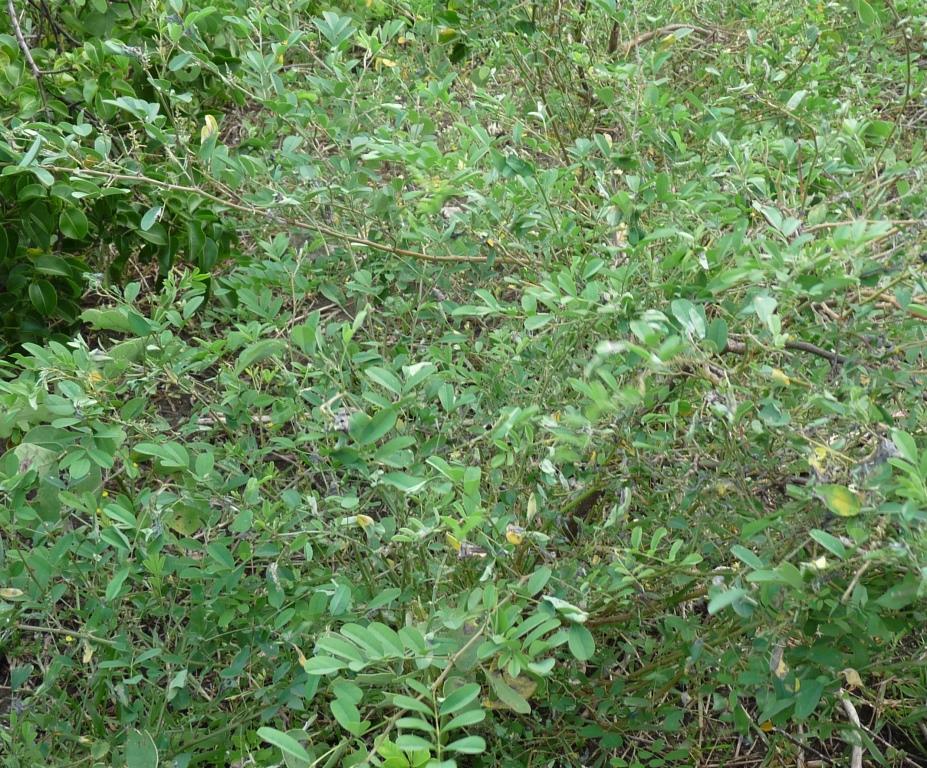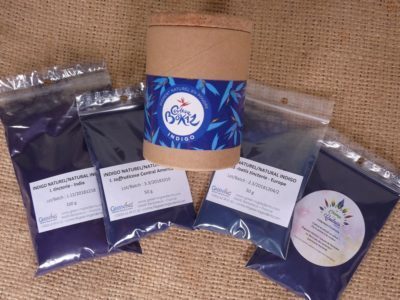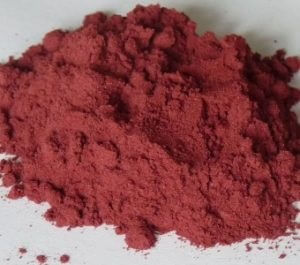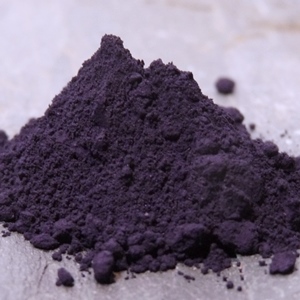Description
This set includes 3 NATURAL INDIGOS from different plant species and from 3 different geographical origins for your creations in natural colours :
– 100 g of indigo from Indigofera tinctoria L. – Manufactured in India from traditional production;
– 50 g of indigo from Indigofera suffruticosa Mill. Manufactured in Central America from fair and sustainable productions. Organic cultivations;
– 50 g of indigo from Polygonum (Persicaria tinctoria (Aiton) Spach = Polygonum tinctorium Aiton.) –
Cultures biologiques et fabrication artisanale en Provence par Laura et Amandine (Le Champ des Couleurs).
Manufactured in Provence, France from organic & sustainable farming by Laura & Amandine (company Le Champ des Couleurs).
Products in powder form. You will be able to dye several kg of textile fibers.
Use :
Textile dyeing : the natural indigo dyes provide ranges of blue shades, from very clear to dark, with a very good lightfastness and washfastness. Their use in textile needs to turn them from an oxidized state (blue pigment, insoluble) to a reduced state (greenish yellow pigment, soluble) which will allow to fix on fibers before being again oxidized (by the oxygen of air – a magic step that develops the blue color). These reactions can be processed in natural vats by using our fructose syrup and hydrated lime for instance (1-2-3 vat type) or by using a chemical reducing agent (sodium hydrosulphite or thiourea). The natural indigos can be easily combined with other dye extracts (yellow, red for example) to widen the range of shades (green, purple…).
Instructions and downloads : Preparation of indigo vats & dyeing instructions, advanced information on indigo natural vats (only in French, sorry).
Paintings, decoration, fine arts : the indigo is then directly used as a natural pigment, after homogenizing into the selected binder or medium. It may be necessary to grind the pigment into the medium in order to develop the colour and avoid big particles.
Other uses : cabinetmaking, ink.
The plants :
Description and information on the indigo plants providing these indigos are available on the corresponding single-products.

